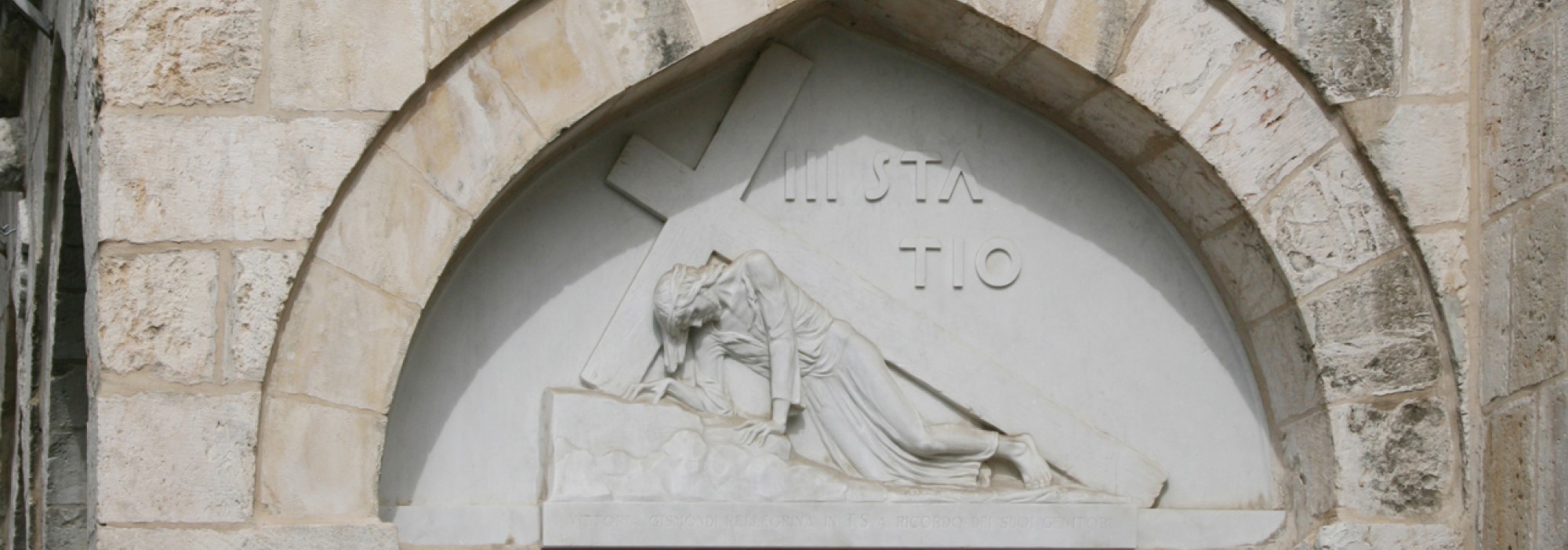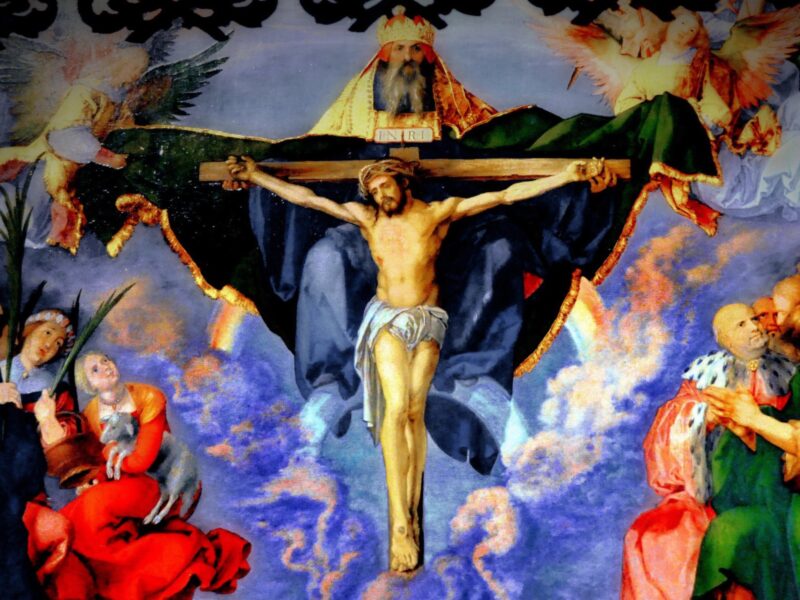
I Can Be Healed
Good Friday. Fr Robert Gay urges us not to be mere spectators. (Our sermons for Holy Thursday and Easter Day can be found by following the links in this sentence.)
Good Friday is a day so packed with words and energy, that further words often seem intrusive and unnecessary.
Having listened to the account of Our Lord’s Passion either read or sung, we have followed the contours of the darkest day in history. God has come into the world, and has manifested his great love in the flesh; yet that flesh has been subject to all kinds of mistreatment, humiliation, scourging, torture and death, ultimately because of the rejection of that love.
It is not only difficult to hear because it puts before us the sin and brutality of a past event, which we feel we are duty bound to mark, as we tend to do with brutal events, ‘lest we forget’. We know all too well that the brutality that killed Our Lord is not new, and there are obvious, tangible events of just that kind manifesting themselves in our time to a world that is keenly watching, at least for now. Not to mention the countless other places where it has has does go on, with little or no interest raised. As Christians, we are supposed to make a connection with this day, a day we bring to mind on other Fridays throughout the year, so that we don’t forget to unite the sufferings of our Lord and the sufferings of violence and injustice in our world in our prayers and, of course, in our actions to build a different and better world.
But in the midst of such scenes on this day, there is a deeply personal question for each of us, as we hear the contours of the darkest day unfold before us. You see, it would be a mistake to allow this drama unfold a yet remain an observer, or to think that it is simply to do with what is happening a few steps or even thousand miles away from us. Today is about each and every human person, and it comes with a challenge: God has come into the world and manifested his great love in the flesh: so how have I rejected that love?
If we read again the great words of the Passion, with our eyes wide open, and with hearts that seek to learn, we may just get an insight as to what form that rejection takes in our own lives. It’s a daring question to ask, because it drags is right into the heart of the story as a protagonist and not an observer, puts us at risk of seeing glimpses of what we are like at our worst, and for that to be laid bare before God.
But this is precisely what God is doing to each of us on this day, because he wants us to see the shape of our struggles to accept his love, so that through his struggles, his wounds and his death we, me, I can be healed.
Readings: Isaiah 52:13-53:12 | Hebrews 4:14-16,5:7-9 | John 18:1-19:42
Image: detail from a photograph of the Third Station of the Via Dolorosa in Jerusalem taken by Remi Jouan


